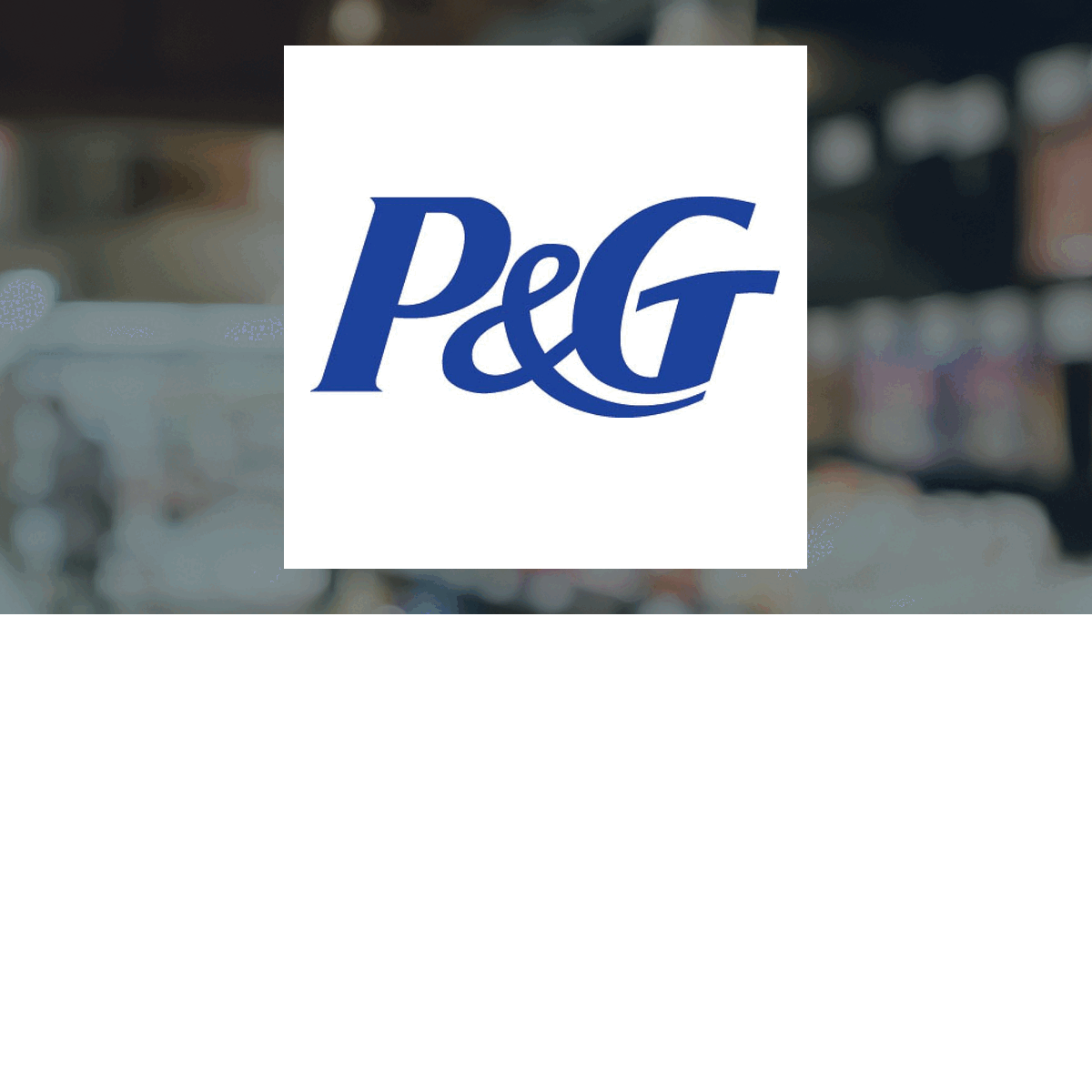



Warren Buffett's investment conglomerate Berkshire Hathaway and hedge fund Bridgewater Associates have recently made significant adjustments to their portfolios. Berkshire Hathaway has divested from long-standing holdings such as General Motors, United Parcel Service (UPS), Mondelez International, Procter & Gamble, and Johnson & Johnson (J&J). The decision to sell these stocks was influenced by various factors including increased labor costs, economic uncertainties, consumer resistance to price hikes, and litigation issues [eaaf12c8].
On the other hand, Bridgewater Associates sold a substantial number of shares of Procter & Gamble (PG), reducing its holdings to 4,616,315 shares. PG is the third-largest holding in Bridgewater's portfolio, comprising approximately 4.3% of its total holdings. Other institutional investors have also bought and sold shares of PG [eaaf12c8].
These portfolio adjustments reflect the strategies of both Warren Buffett and Bridgewater Associates in response to market shifts and finding good investment opportunities. Despite the divestments, Berkshire Hathaway has made new investments in the Atlanta Braves baseball team and expanded its holdings in Liberty Media and Sirius XM, increasing its cash reserves to a record $157 billion [eaaf12c8].
The sale of the UPS stake by Warren Buffett and the Procter & Gamble stock sale by Bridgewater Associates highlight the changing landscape of investment portfolios and the importance of adapting to market conditions [eaaf12c8].
Ray Dalio, founder of Bridgewater Associates, has grown the firm to become the largest hedge fund globally, with $124 billion in assets as of May 2024. Bridgewater Associates' investment strategy focuses on macroeconomics rather than individual stocks, allowing them to perform well in all markets. Two dividend stocks favored by Bridgewater Associates are Procter & Gamble (market cap of $390.20 billion) and Walmart (valued at $526.95 billion). Procter & Gamble has paid increasing quarterly dividends for 68 years and offers an annual dividend yield of 2.44%. Walmart has a strong balance sheet and offers a quarterly dividend of $0.21 per share. Investors should also consider alternative investments like the Arrived Private Credit Fund, which offers short-term loans for real estate projects with annualized dividends of 7-9% [880b5b58].
Financial Gravity Asset Management Inc. has significantly increased its stake in The Procter & Gamble Company (NYSE:PG) during the third quarter, according to the company's 13F filing with the Securities & Exchange Commission. The firm now owns 144,218 shares of the company's stock, representing a 2,178.7% increase from the previous quarter. Other large investors have also recently bought and sold shares of the company [55263d7d].
These recent developments indicate a shift in the ownership of Procter & Gamble, with Financial Gravity Asset Management Inc. and other institutional investors increasing their holdings while Bridgewater Associates reduces its stake. The adjustments made by Warren Buffett and Bridgewater Associates reflect their strategies in response to market shifts and finding good investment opportunities. It also highlights the changing landscape of investment portfolios and the importance of adapting to market conditions [eaaf12c8] [55263d7d].
Ray Dalio, founder of Bridgewater Associates, has grown the company into the largest hedge fund by assets under management. Despite Dalio's retirement, Bridgewater Associates still maintains its position as the largest hedge fund with $124 billion in assets. The company's success is attributed to Dalio's investment strategy of tracking the macroeconomy. Two dividend stocks favored by Bridgewater Associates are Procter & Gamble and Walmart. Procter & Gamble has a market cap of $390.20 billion and offers an annual dividend yield of 2.44%. Walmart, valued at $526.95 billion, offers a quarterly dividend of $0.21 per share. Investors should also consider alternative investments like the Arrivald Private Credit Fund, which focuses on generating higher cash returns and offers annualized dividends of 7-9%. Diversifying a portfolio with a mix of dividend stocks and high-yield real estate bond investments can create a more resilient and balanced approach to generating income in all market conditions.